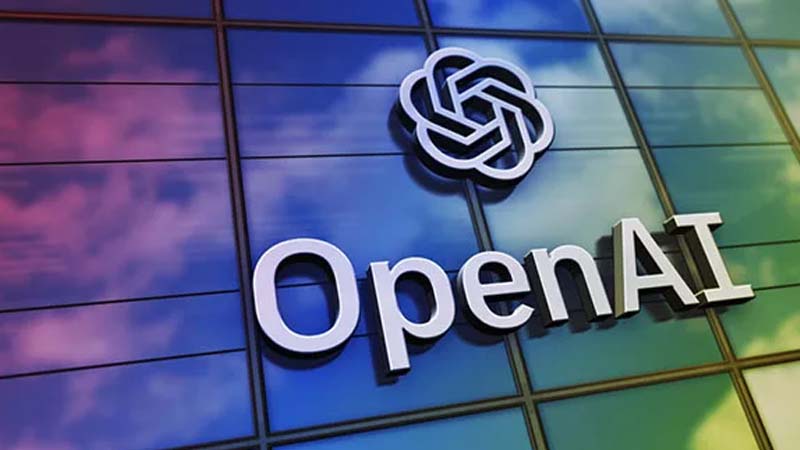
OpenAI, the company behind the revolutionary ChatGPT, is making headlines again with its astonishing daily output of 100 billion words, as revealed by Co-founder and CEO Sam Altman. This remarkable feat is part of OpenAI’s broader ambition to reshape the future of chips and artificial intelligence (AI), which could potentially require a staggering investment of up to $7 trillion.
In a recent post, Altman emphasized the need for more graphics-processing units (GPUs) to keep pace with the massive volume of words generated by humanity each day, estimated at about 100 trillion words. “To reach that humongous level, we need more GPUs,” Altman stated, highlighting the critical role of advanced computing hardware in achieving OpenAI’s ambitious goals.
When asked about the potential cost of acquiring the necessary GPUs, Altman responded humorously, “Probably a lot of GPUs,” to a query about the purchasing power of $7 trillion. This exchange underscores the immense scale of investment and resources required for OpenAI’s plans.
A Wall Street Journal report recently mentioned that Altman is in discussions with investors to fund a technology initiative aimed at significantly boosting global chip production capacity. The initiative could necessitate raising between $5 trillion to $7 trillion, according to sources cited in the report.
Altman has frequently pointed out the shortage of high-end GPUs necessary to power OpenAI’s AI advancements. This shortage is a bottleneck in the rapidly growing chip market, which saw global sales reaching $527 billion last year and is projected to hit $1 trillion annually by 2030.
To address this challenge, Altman visited South Korea last month, exploring opportunities to establish a global network for AI chip manufacturing. His discussions with leading South Korean chipmakers, Samsung Electronics and SK hynix, are pivotal, considering their dominant position in the high bandwidth memory (HBM) chip market, crucial for AI processors. These two companies alone hold over 90 percent of the global HBM market share.
OpenAI’s endeavor represents a significant shift in the AI landscape, highlighting the increasing demand for powerful computing resources. As the company continues to push the boundaries of AI capabilities, its reliance on advanced chip technology and the need for substantial investment in this area become more pronounced. This ambitious project not only reflects OpenAI’s visionary approach but also signals the growing importance of AI and chip technology in shaping the future.




